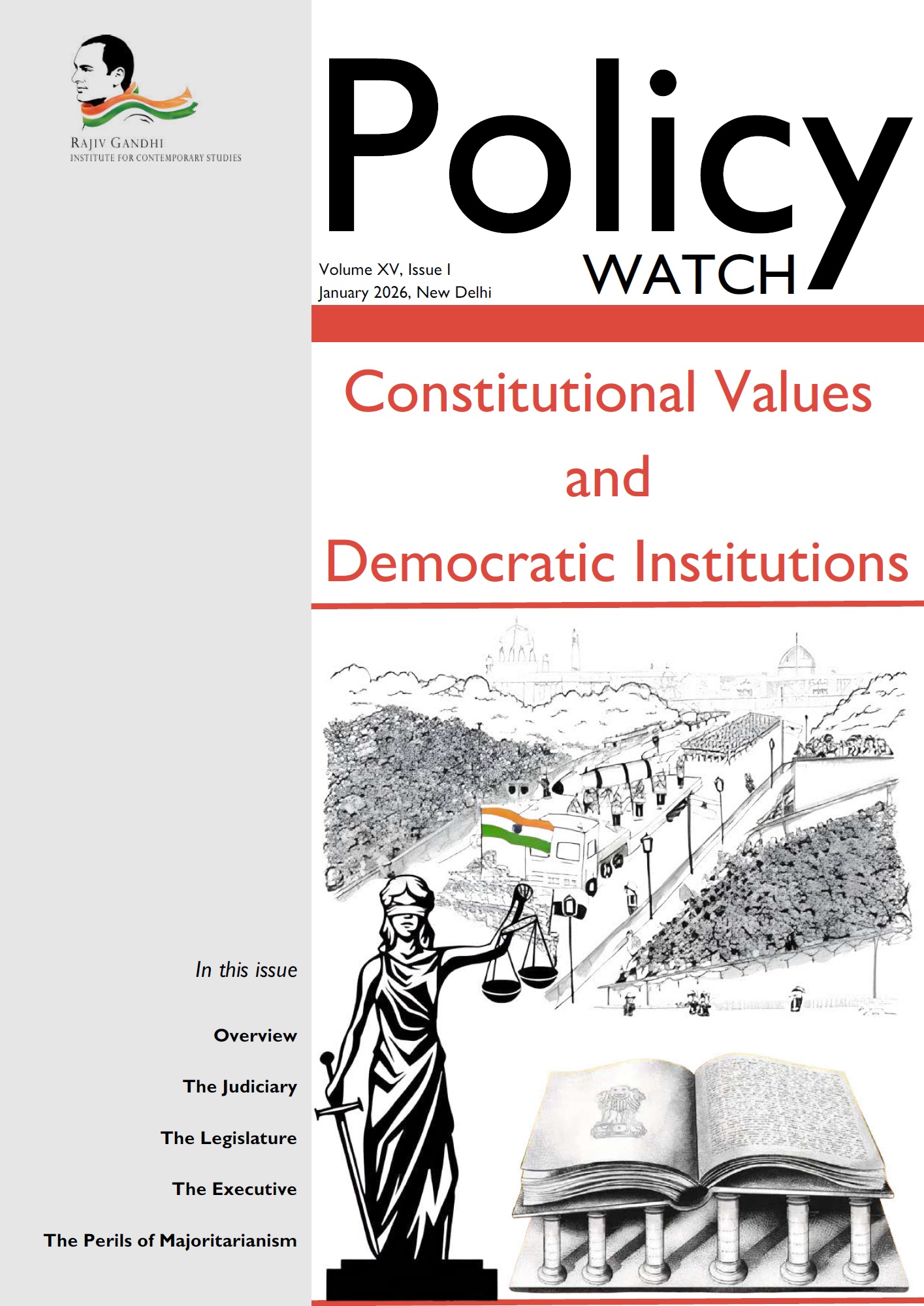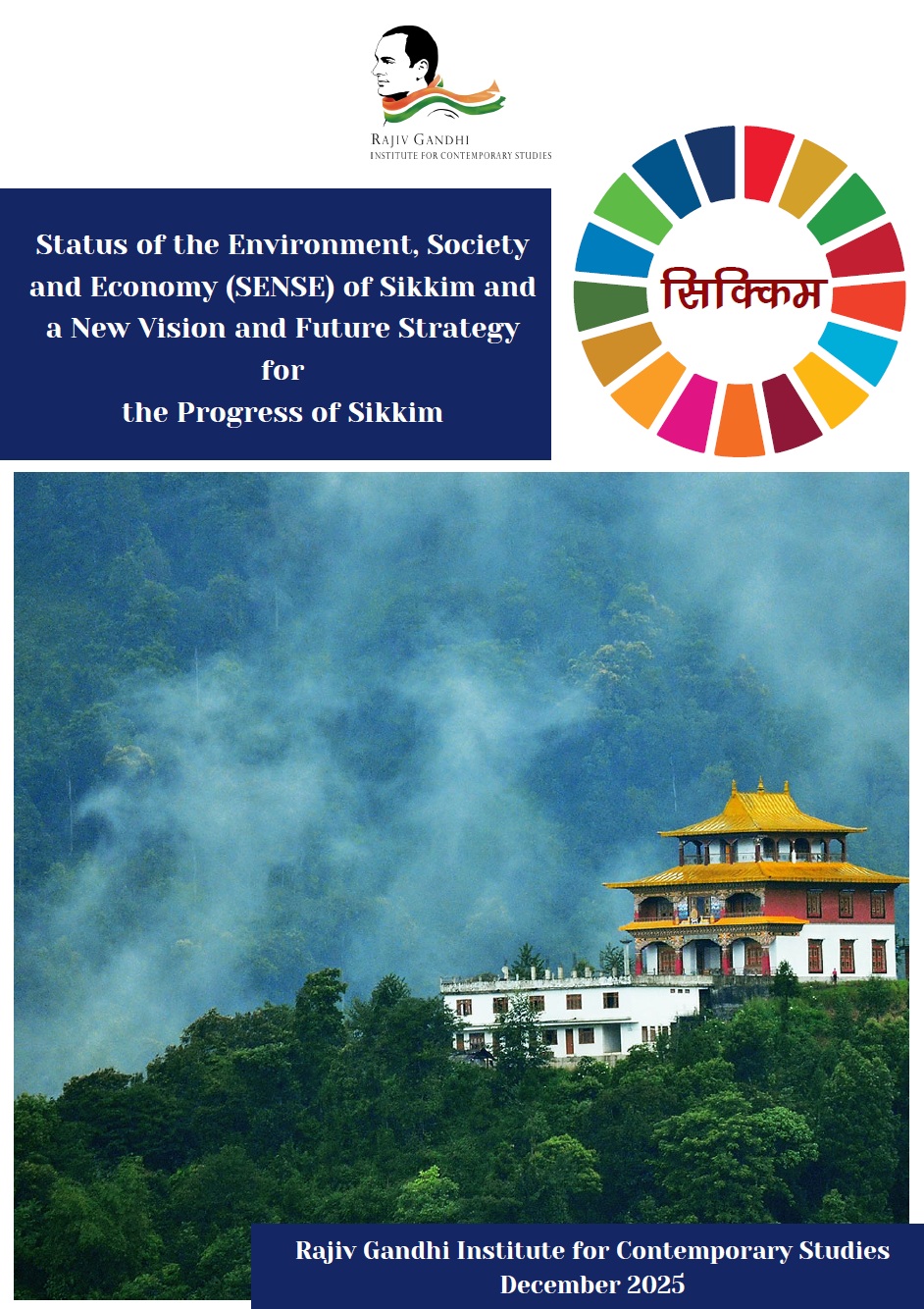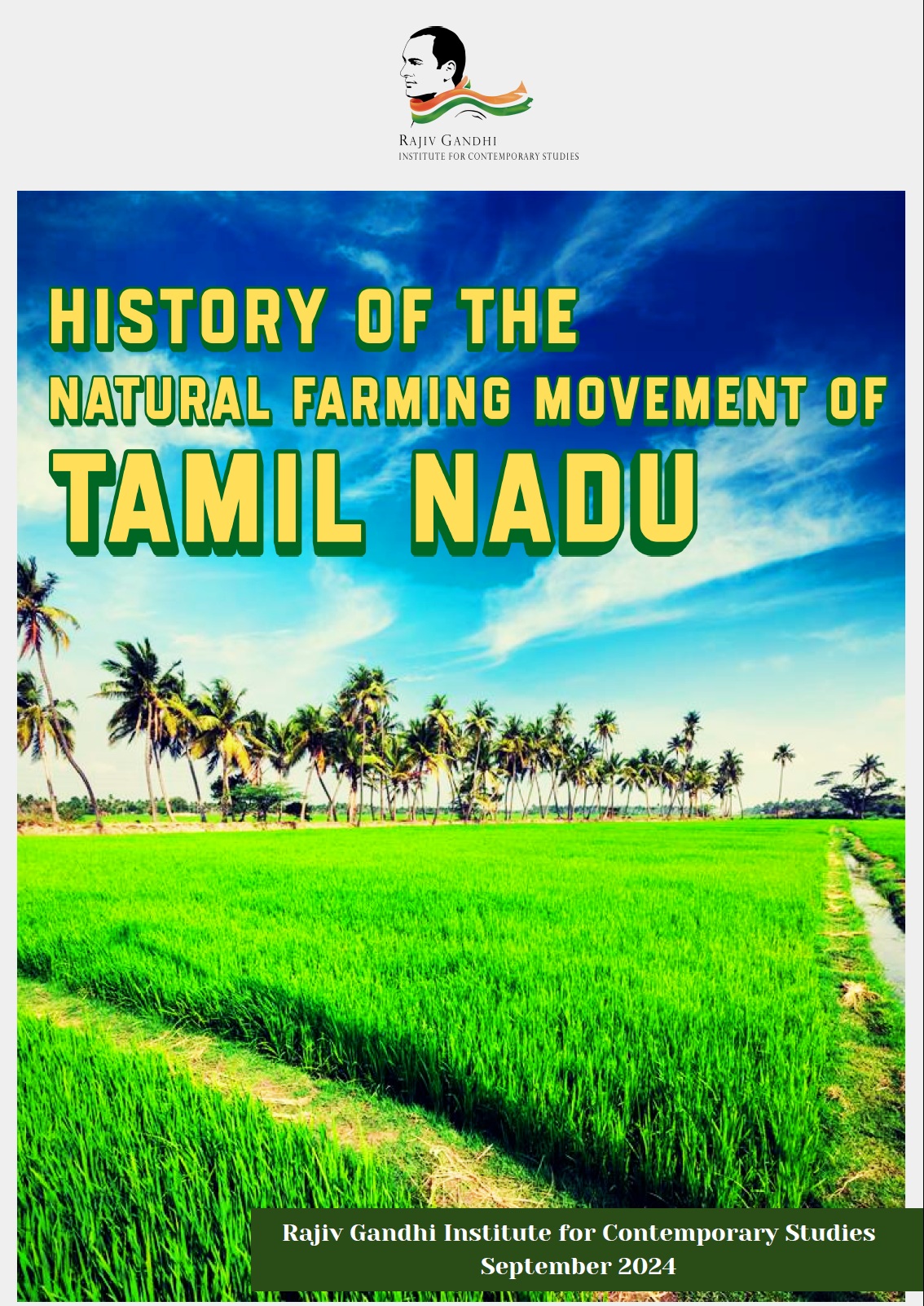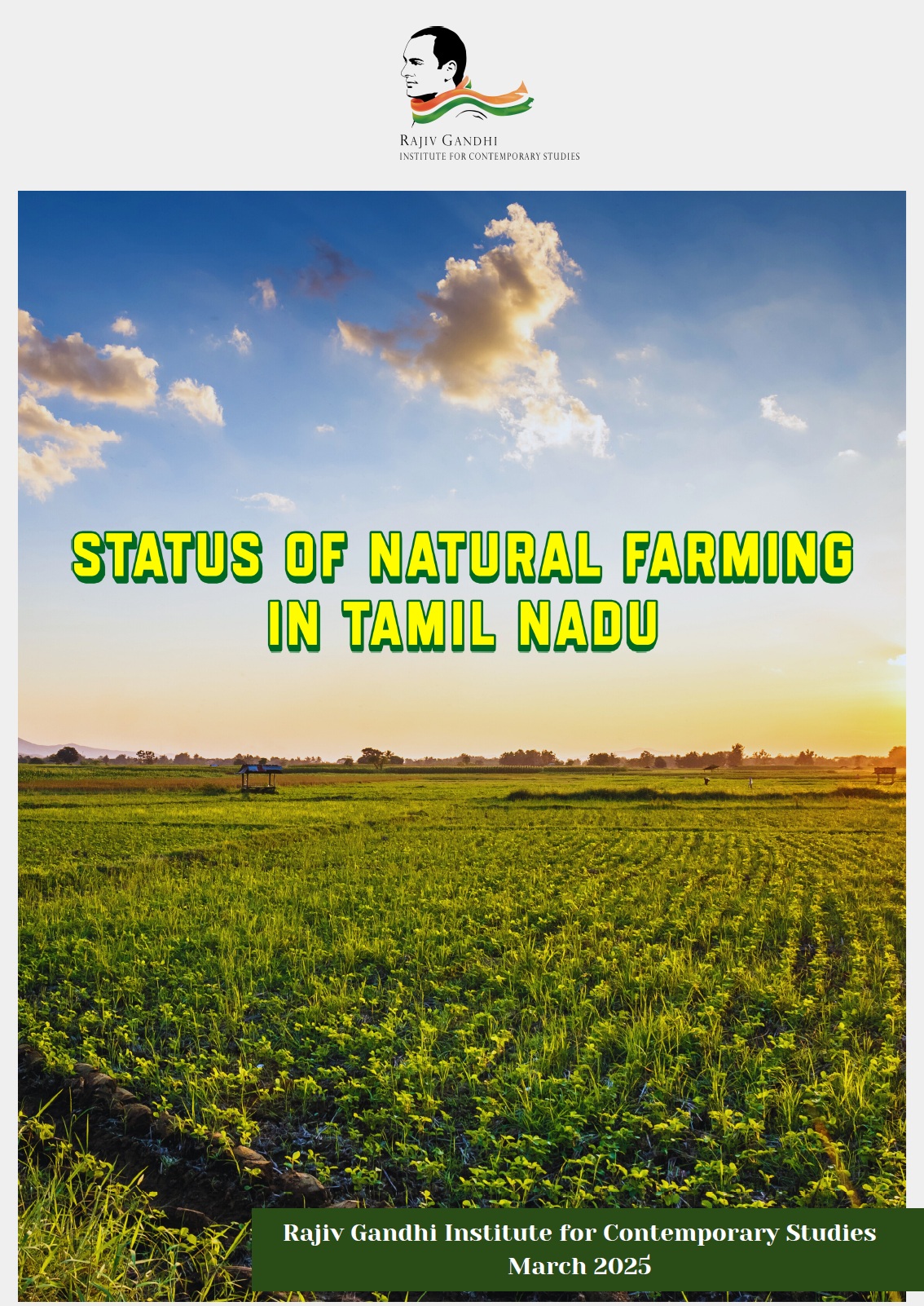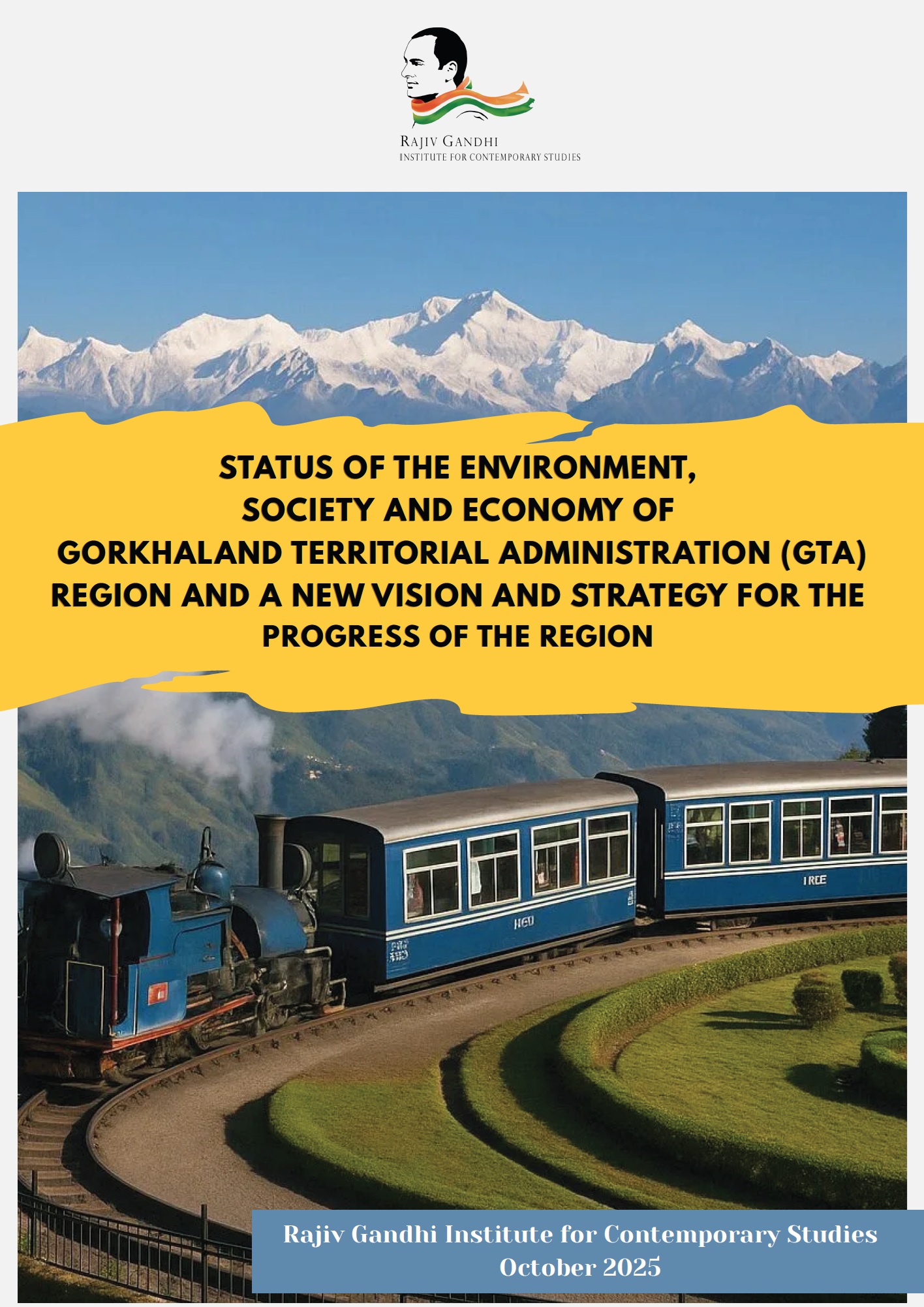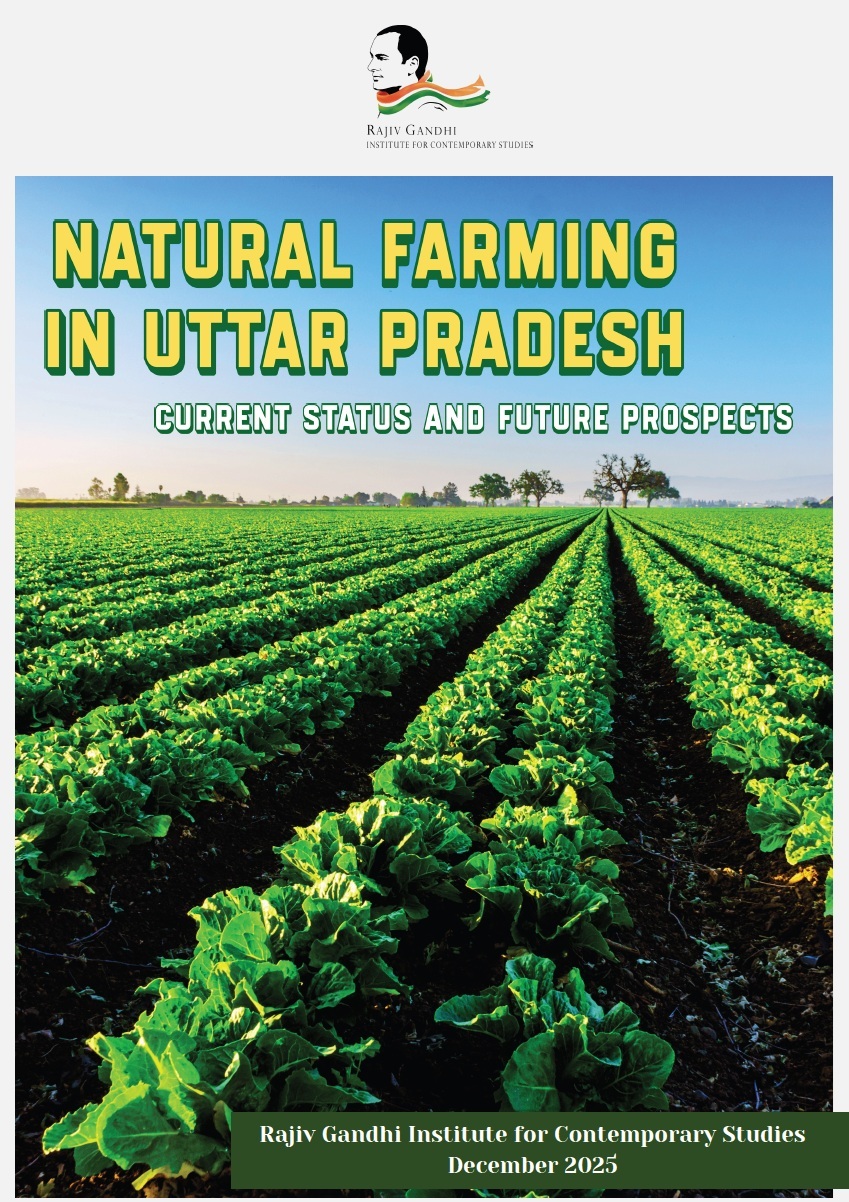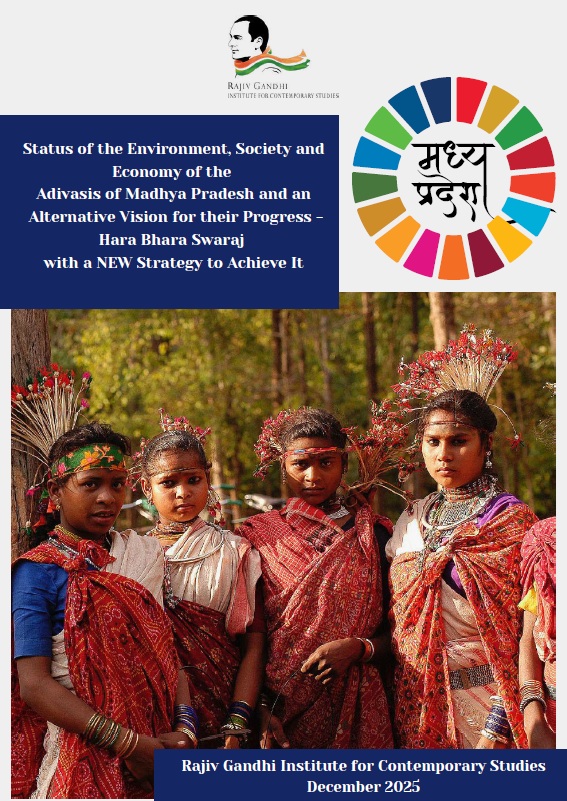China has pulled way ahead of India when it comes to developing and promoting medicinal and aromatic plants (MAPs) globally. Its Traditional Chinese Medicine (TCM) is thriving thanks to strong government support, clear policies, and strategic international marketing. Meanwhile, India’s efforts under the Ministry of AYUSH and the National Medicinal Plants Board (NMPB) are lagging due to fragmented policies, inadequate funding, and poor quality control. Without better coordination and global outreach, India’s traditional medicinal systems are struggling to compete.
India and China are home to some of the richest traditions of herbal medicine in the world. India’s Traditional Indian System of Medicine (TISM), which includes Ayurveda, Unani, Siddha, and Homeopathy, is renowned for its healing properties. Meanwhile, China’s Traditional Chinese Medicine (TCM) has managed to establish itself as a global force, thanks to its well-coordinated policies, government investment, and focus on research and marketing.
China’s success story is driven by strong government backing and integration of TCM with modern healthcare systems. They’ve embraced Good Agricultural Practices (GAP), developed efficient supply chains, and actively promoted TCM internationally through platforms like the Belt and Road Initiative (BRI) and collaborations with the World Health Organization (WHO).
India, on the other hand, is falling short. While the Ministry of AYUSH and NMPB are trying to boost the sector, the focus is more on conservation than cultivation and export promotion. Poor implementation of guidelines and lack of alignment between various stakeholders are major hurdles.
The study suggests India needs to get its act together by investing more in research, streamlining policies, and enhancing coordination between stakeholders. Improving certification processes and collaborating with international organizations could help India reclaim its rightful place in the global market for traditional medicine.
Keywords: Medicinal and Aromatic Plants (MAPs), Traditional Indian System of Medicine (TISM), Traditional Chinese Medicine (TCM), AYUSH (Ministry of AYUSH, India), National Medicinal Plants Board (NMPB), Good Agricultural Practices (GAP), Trade and Export, Biodiversity Conservation, Sustainable Cultivation, Policy Framework
Development and Trade of Medicinal and Aromatic Plants (MAPs): Learnings from Comparative Analysis of China and India
Send download link to:


